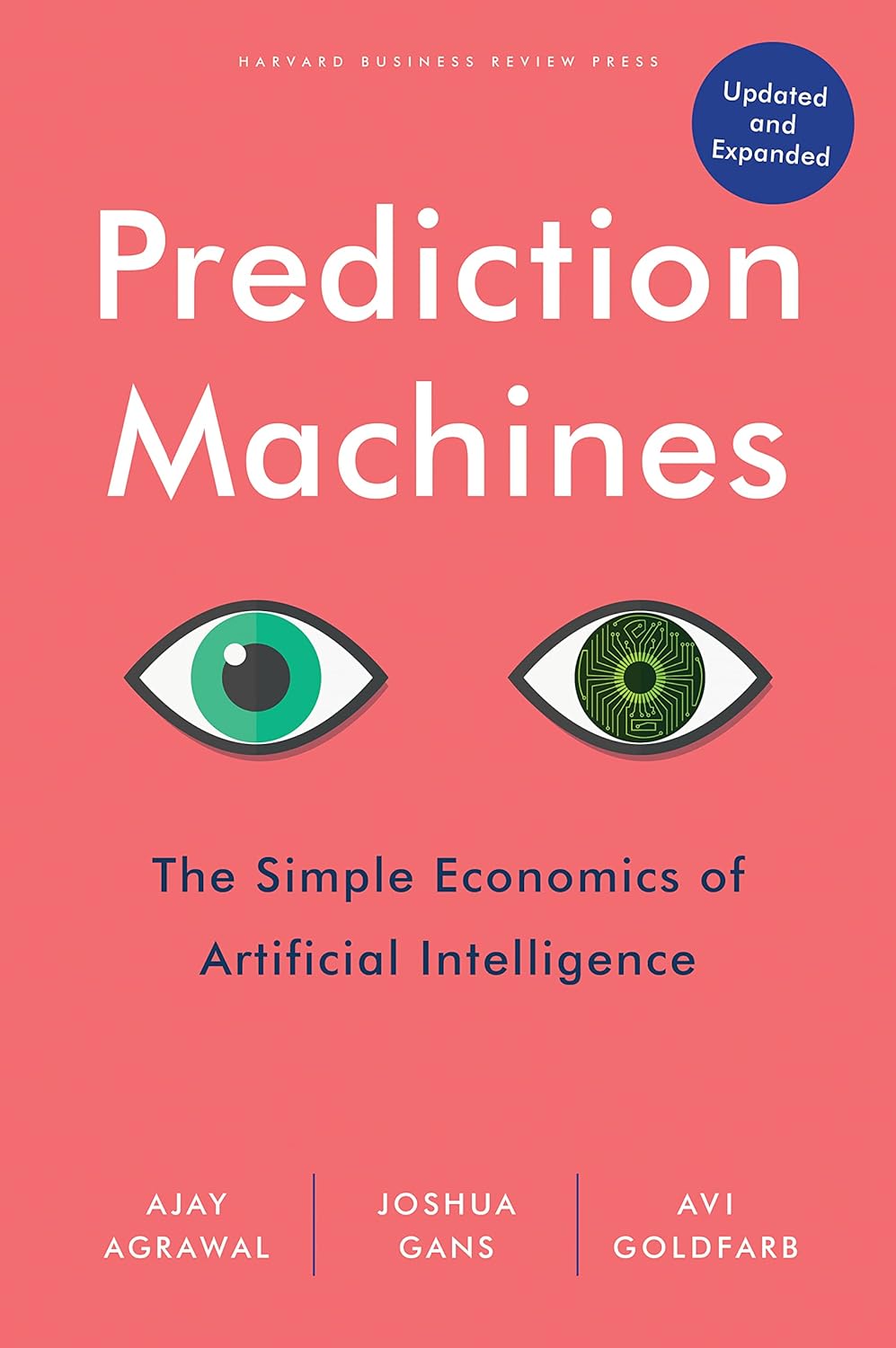|
Welcome to Barriers and Boundaries Resilience Leadership
|
|
Back in 1998, I remember being asked to join an airline loyalty program for the first time. At the time, it felt like a great opportunity—who wouldn’t want to earn free flights just for traveling? It was simple: fly more, earn points, and redeem them for future flights. What I didn’t realize back then was how much data these programs were collecting. It wasn’t just about my flights—it was about where I flew, how often I flew, and even small choices like whether I upgraded my seat or requested an extra meal. It was the beginning of something bigger. Fast forward to today’s world of generative AI, and the scope of loyalty programs has exploded. With AI’s ability to analyze vast amounts of data in real-time, these programs aren’t just about earning points anymore. Imagine an AI that could predict when you’re likely to fly based on your past behavior, then offer you personalized incentives at exactly the right moment—maybe a seat upgrade on a day you’re flying for business, or extra rewards when you’re booking a last-minute family vacation. It could even adjust its offers based on patterns it detects in your lifestyle, like how you prefer to board early or always choose window seats. The simplicity of loyalty programs in 1998 was just the tip of the iceberg. Today, with the power of AI, airlines and other industries can anticipate your needs before you even realize them, creating a completely personalized experience. What started as a flyer miles card is now an intelligent system, predicting and adapting to each of us in ways we never imagined back in the late '90s. As businesses continue to evolve, understanding consumer behavior has never been more crucial. From hotels and airlines to retail and e-commerce, every industry relies on insights into customer preferences and actions to improve service, optimize operations, and ultimately increase revenue. With the rise of generative AI, organizations can now track, analyze, and even predict consumer behavior with unprecedented precision. This article explores how generative AI is transforming the way industries understand and respond to their customers. How Generative AI might be used todayAI can also analyze patterns in seat selection—whether travelers prefer window, aisle, or exit row seats. Furthermore, by studying in-flight service preferences, such as meal choices and entertainment usage, airlines can tailor their services, offering personalized in-flight experiences. According to a report by Accenture, airlines using AI can expect to improve customer satisfaction by 20% or more by offering more personalized services . Retail: Unlocking Shopping Patterns Generative AI can unlock valuable insights into shopping patterns, both online and in-store. For instance, AI can determine whether customers prefer to shop in person or online and whether they take their time browsing or make quick purchasing decisions. Retailers can use this information to tailor their marketing efforts and inventory management strategies. A McKinsey & Company report indicates that retailers using AI to track consumer behavior can reduce inventory errors by up to 50% and personalize marketing efforts, improving the effectiveness of promotions . Additionally, AI can help retailers understand promotion sensitivity—identifying which types of discounts or offers are most likely to drive sales. Restaurants and Food Delivery: Optimizing the Dining Experience The restaurant industry is another area where AI is making waves. By analyzing dining habits, such as whether customers prefer dine-in, takeout, or delivery, restaurants can optimize their operations. AI can also track order customization trends, providing insights into whether customers prefer healthier options or indulge in more decadent meals. According to Deloitte, restaurants that implement AI-driven insights can expect up to a 15% increase in customer retention due to improved service personalization . E-commerce: Predicting Consumer Behavior For e-commerce companies, tracking behaviors like product comparison habits and checkout patterns can lead to significant improvements in the customer journey. For example, AI can predict when a customer is likely to abandon a cart or prefer one payment method over another. Understanding these behaviors allows companies to personalize the shopping experience and reduce friction at checkout. In an IBM study, companies that use AI in e-commerce have reported a 40% increase in conversion rates by optimizing the customer experience . Additionally, AI can track subscription preferences, identifying which customers are most likely to sign up for recurring purchases, helping e-commerce brands optimize their subscription models. The Future of Consumer Behavior TrackingGenerative AI is revolutionizing how industries track and analyze consumer behavior. By understanding patterns across various sectors—whether it’s reuse habits in hotels, boarding preferences in airlines, or shopping patterns in retail—businesses can offer highly personalized services, optimize operational efficiency, and ultimately drive growth. Companies that adopt AI technologies to better understand and respond to customer needs will be well-positioned for success in today’s competitive marketplace. For businesses, the time to embrace AI-driven insights is now. With the potential to enhance customer experiences and streamline operations, AI is not just a tool for tracking consumer behavior—it’s the key to shaping the future of customer engagement. By leveraging generative AI, your business can stay ahead of the curve, delivering personalized experiences that drive satisfaction and loyalty.
0 Comments
Leave a Reply. |
Details
Eric Bryan is a participant in the Amazon Services LLC Associates Program, an affiliate advertising program designed to provide a means for sites to earn advertising fees by advertising and linking to Amazon.com. I get commissions for purchases made through links in this post.
***As an Amazon Associate, I earn from qualifying purchases.
|



 RSS Feed
RSS Feed